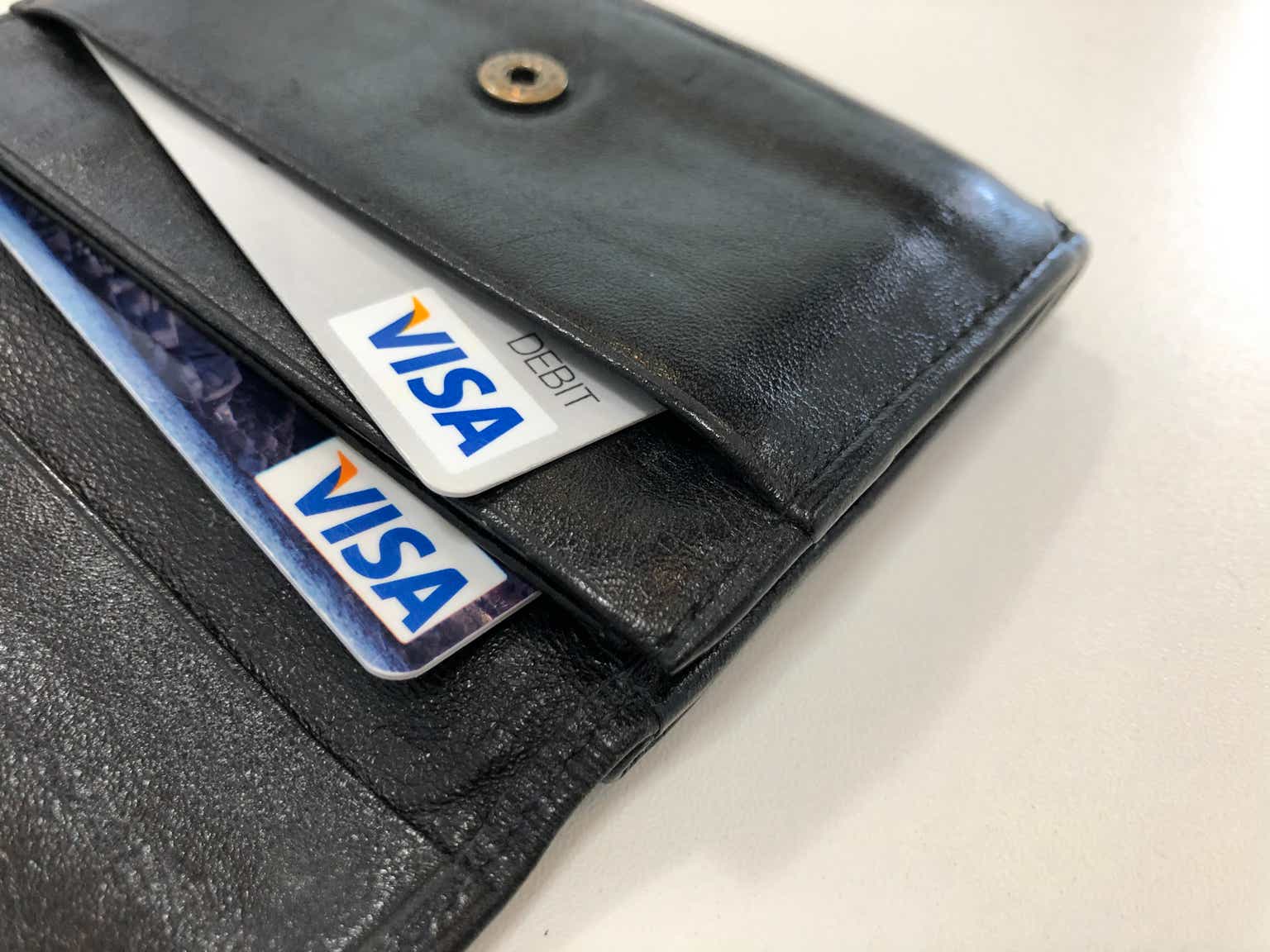When In-Laws Need Cash But You Have an Inheritance: What’s Right?
A Reddit user has found herself in a difficult situation. Her husband’s family is struggling financially, and her husband wants to help them out. The catch, however, is that he wants to use an inheritance received by the original poster (OP). The OP doesn’t want to use the money she received from her own family to […] The post When In-Laws Need Cash But You Have an Inheritance: What’s Right? appeared first on 24/7 Wall St..

Key Points
-
A Reddit poster inherited money and its ausign marital problems.
-
Her husband wants her to use some of her inheritance to help out his family.
-
She doesn’t want to, and someone is bound to be left feeling resentful.
-
Are you ahead, or behind on retirement? SmartAsset’s free tool can match you with a financial advisor in minutes to help you answer that today. Each advisor has been carefully vetted, and must act in your best interests. Don’t waste another minute; get started by clicking here.(Sponsor)
A Reddit user has found herself in a difficult situation. Her husband’s family is struggling financially, and her husband wants to help them out. The catch, however, is that he wants to use an inheritance received by the original poster (OP).
The OP doesn’t want to use the money she received from her own family to bail out her husband’s parents, who have too little retirement savings — but is that unreasonable, or is it the right move for her to keep her inherited funds to herself?
Should you share your inheritance with your in-laws?
Inheritance issues can be tricky, especially if there is a financial disparity within your family after you inherit money. The basic rule, according to the law, is that if you personally inherit money, even if you are married, that inheritance will be considered separate property unless you co-mingle it or unless it was left to you and your spouse. So, in this particular case, the OP’s husband has no legal claim to the funds that the original poster received.
The OP’s husband really has no moral claim to the money either, since the OP’s family likely left it to her to improve her own life and not bail her in-laws out of a jam. The OP does not have any obligations to take funds given to her and gift them to others who put themselves in a difficult financial situation because of choices they made throughout their working life not to invest.
Now, just because the OP isn’t obligated to help doesn’t necessarily mean she shouldn’t offer assistance. If her in-laws had been good to her and if she wanted to offer them a little bit of financial support out of her inherited money — especially since it is important to her husband — then that wouldn’t be the worst idea in the world.
The fact is, though, that she doesn’t want to provide this help, and she probably should not allow her husband to convince her to do so. Otherwise, it is likely to breed resentment against both her husband and her in-laws. That could have an adverse effect on all of their relationships going forward. In fact, by pressuring her to give away money when she doesn’t want to, her husband has likely already done damage to their marriage.
Inheritance issues can create a lot of financial complications

Giving money to in-laws, or even to blood relatives, can create a lot of problems unless you 100% wholeheartedly want to be generous, or unless you have so much money that you really won’t miss it. That’s not the case here.
The reality, though, is that the OP’s husband and in-laws may also end up resenting her if she doesn’t help when she could. This isn’t fair and it isn’t right, but it’s also reality — especially if her husband believes that he and his wife are part of the same financial team and he doesn’t understand why she can’t give his parents a break. This may be the wrong attitude, but that also doesn’t change the fact that her husband may view her as being selfish if she takes all the money and doesn’t share it to help his parents, when assisting them is something that he really wants to do.
So, ultimately, she is in a no-win situation because either she could end up resentful and angry if she does help, or her husband and in-laws could end up resentful and angry if she doesn’t. This could potentially have been avoided if the money had been left to her in a trust that limited her access to the principal and that earmarked the money for specific purposes — but that isn’t what happened here, so she doesn’t have this easy out.
The OP may want to talk with a financial advisor — with her husband present — so the advisor can go over with them how far this money will really go and can help them to get on the same page about the financial goals. If the advisor can provide objective advice, it’s possible the couple could come to an understanding about what the inherited money can do for them, and why helping out the in-laws wouldn’t necessarily be the right move.
This could be a way out for the OP, who can show why giving the money to her in-laws could jeopardize the OP’s ability to use the inherited funds to build the life her loved ones wanted her to enjoy when they left the funds to her.
The post When In-Laws Need Cash But You Have an Inheritance: What’s Right? appeared first on 24/7 Wall St..











































































































































































